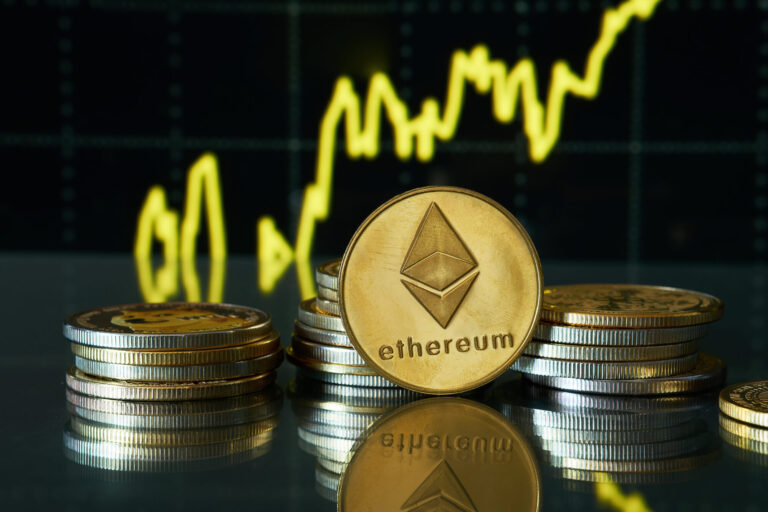Since this April, Spar branches in the canton of Zug have for the first time been accepting payments with Bitcoin and other cryptocurrencies. The move quickly gained traction. Just a few months later, more than 100 Spar stores are offering the crypto payment option.
At the checkout, customers simply have to scan a QR code to complete their transaction. The fast and low-cost Bitcoin Lightning Network is used for this. However, thanks to an integration with the Swiss crypto service provider DFX Swiss, Spar branches also accept other cryptocurrencies such as Ethereum (ETH), Solana (SOL) and stablecoins like USDC and USDT. The popularity of the integration is largely due to significant cost savings on transaction fees, as the NZZ reports.
Competition for traditional payment processors
Digital payment methods such as debit cards, credit cards and TWINT are rapidly gaining importance in Switzerland, displacing cash. However, this trend comes at a cost for merchants: market leader Worldline handles the majority of card payments and charges fees of 2% to 3% per transaction, in addition to minimum fees depending on the volume. Even fintech solutions such as TWINT burden merchants with 1.3% to 1.7% per transaction.
In a market with already tight margins, cheaper alternatives are in demand. Payments via cryptocurrencies offer cost advantages: at Spar, the provider DFX charges only 0.2%. The technical effort for branches remains low, as existing software merely needs to be connected to a service provider. This accelerates adoption and explains the rapid spread of the new payment option at Spar.
How widespread are crypto payments really?
For customers, the cost-benefit analysis is less clear. While they can now spend their cryptocurrencies directly at retailers thanks to the integration, the financial benefits accrue primarily to merchants, not buyers. Additional fees also apply when converting Bitcoin or dollar stablecoins into Swiss francs. As a result, the incentive to switch from established payment methods to cryptocurrencies remains limited.
Nevertheless, Cyrill Thommen, CEO of DFX Swiss, expressed satisfaction with the results so far when asked by CVJ.CH. The company did not disclose specific figures, but the crypto payment option is used daily in Spar branches – with a rising trend. Bitcoin remains clearly dominant, accounting for around 90% of the transaction volume.
Competitors currently see no need for action
Other retailers are also monitoring developments, reports the NZZ, citing a senior executive at a competitor. A real breakthrough would be expected if industry giants Migros and Coop integrated crypto payments, as together they control around 80% of Switzerland’s grocery market. However, both companies currently see no urgent need for action. When asked by CVJ.CH, a Coop spokesperson said the company continuously assesses the potential of new payment methods and monitors innovative trends. Adjustments would be made if necessary. Migros signaled more clearly that crypto payments are not a current priority.
"Migros is closely monitoring payment options and customer usage behavior to meet the payment needs of its clientele. At present, however, we see no need to use Bitcoin for everyday purchases. A good example here is Digitec. Digitec had already enabled cryptocurrency payments in 2019, but abolished them again in 2023, as customer demand was far too low." - Media spokesperson of the Migros Cooperative Federation in response to CVJ.CH








